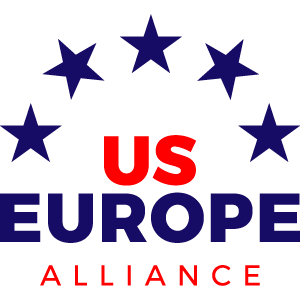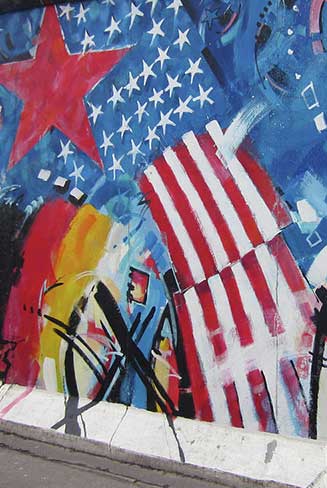
Shadow without a Wall: What Europe ’89 Means to Us Today
The Wall’s Downfall Saw The Beginning Of Reform And Political Reorganization Which Continues To This Day. Currently It Is A Process Whose Trajectory Has Been Shaken By Unmet Expectations Of Prosperity And Sometimes Starkly Divergent Visions As How To Proceed. How Divided Societies In Formerly Communist States – Including Germany Following Its Re-Unification – Make Use Of Their Democratic Institutions To Find Consensus Going Forward Impacts Both Europe’s Fate And The U.S.
US-Europe Alliance, In Conjunction With The German Marshall Fund Of The United States And The Foreign Policy Research Institute, Presents A Moderated Dialogue Commemorating The 30th Anniversary Of The Destruction Of The Berlin Wall. This Discussion Will Consider How The Events Of 1989 Are Remembered And How Perceptions Of That Time Continue To Influence Contemporary Politics In The Region, Especially In The Context Of The Recent Wave Of Populism. Furthermore, The Speakers Will Address How The Effects Of 1989 Have Reverberated Outside Of Europe And Informed The Actions Of Authoritarian Regimes Elsewhere In The World.
With Remarks By:
Mitchell Orenstein, PhD Professor Of Russian And Eastern European Studies Pennsylvania University
Jackson Janes, PhD Senior Fellow German Marshall Fund Of The United States
Mr. Jan Surotchak Senior Director, Transatlantic Strategy International Republican Institute
Clay Fuller, PhD Adjunct Instructor Western Carolina University
Please Register On Eventbrite By Visiting: Shorturl.at/KptR0
This Event Will Also Be Live Broadcasted.
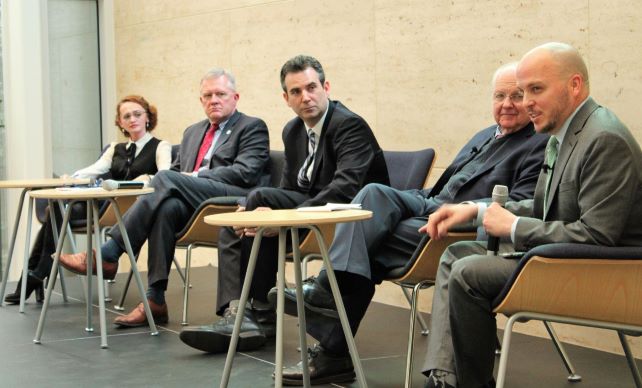
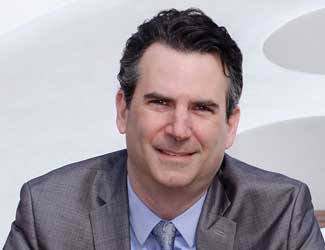
Mitchell Orenstein
Professor Of Russian And Eastern European Studies Pennsylvania University

Clay Fuller
PhD Adjunct Instructor Western Carolina University

Jan Surotchak
Senior Director, Transatlantic Strategy International Republican Institute
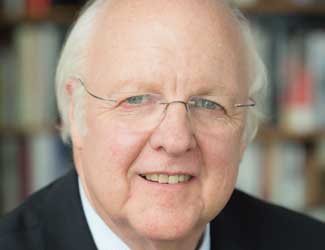
Jackson Janes
Senior Fellow German Marshall Fund Of The United States
Senior Fellow German Marshall Fund Of The United States
